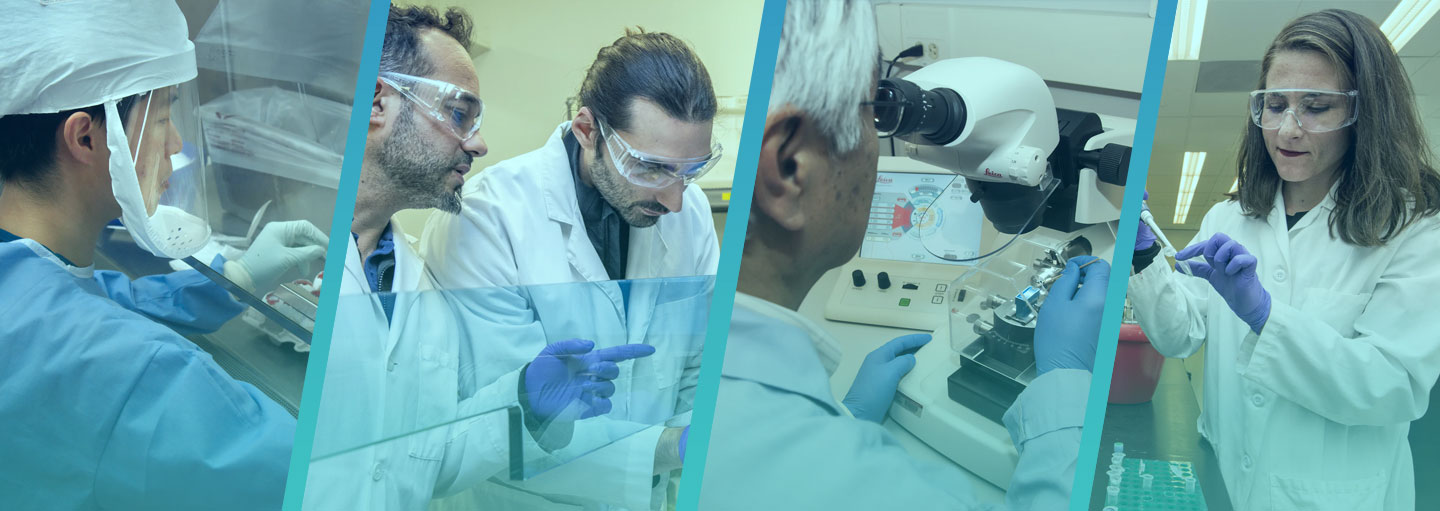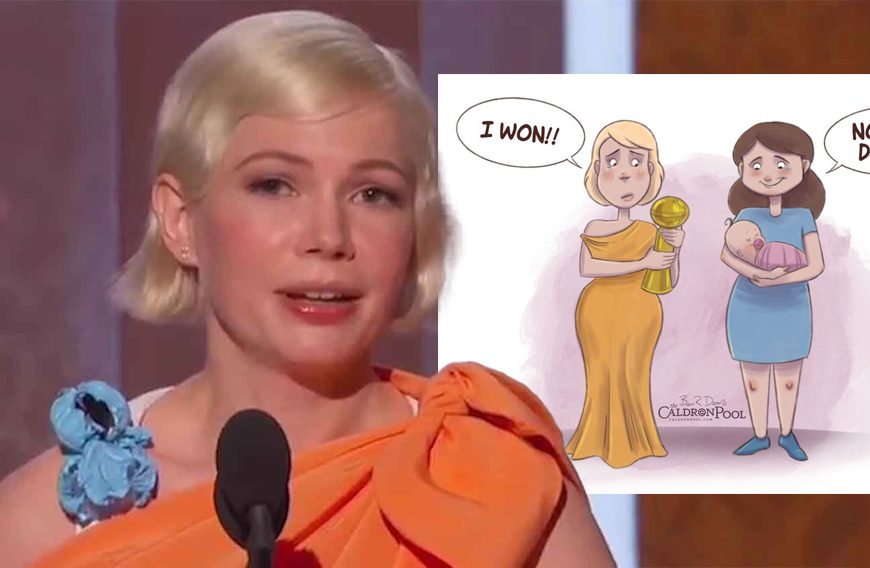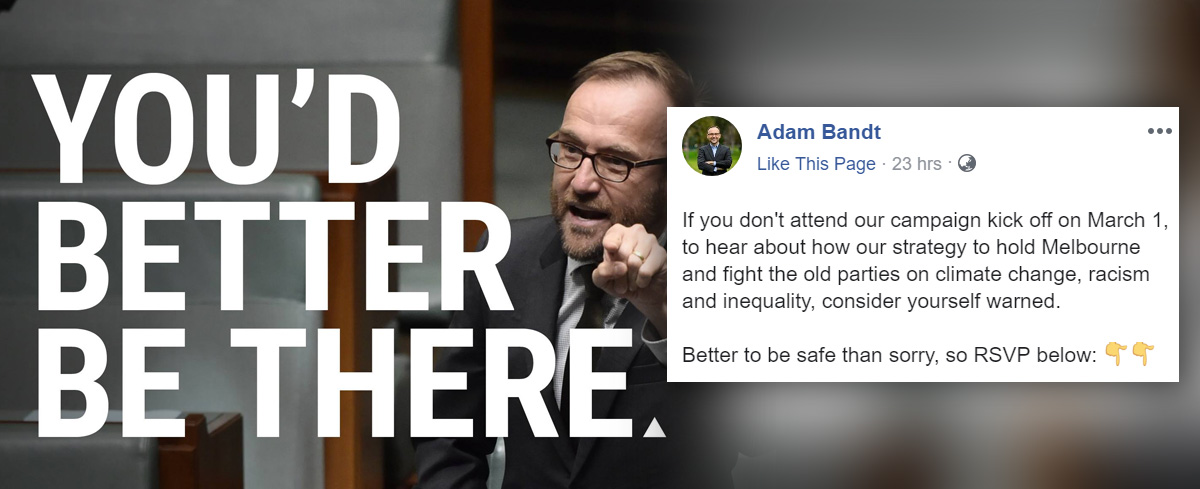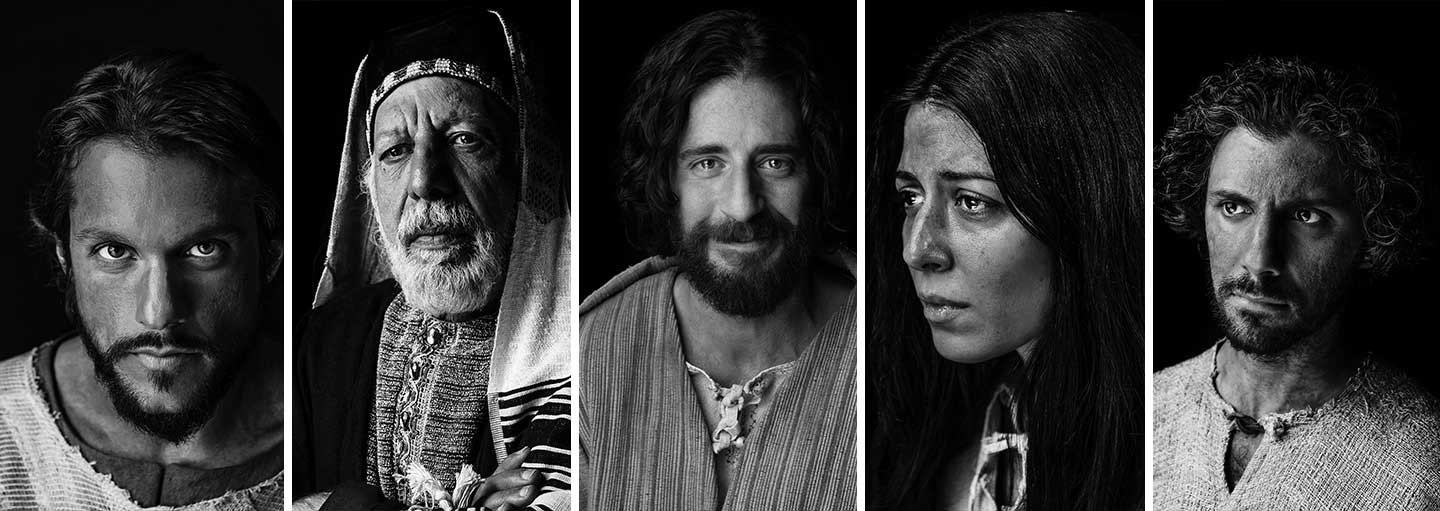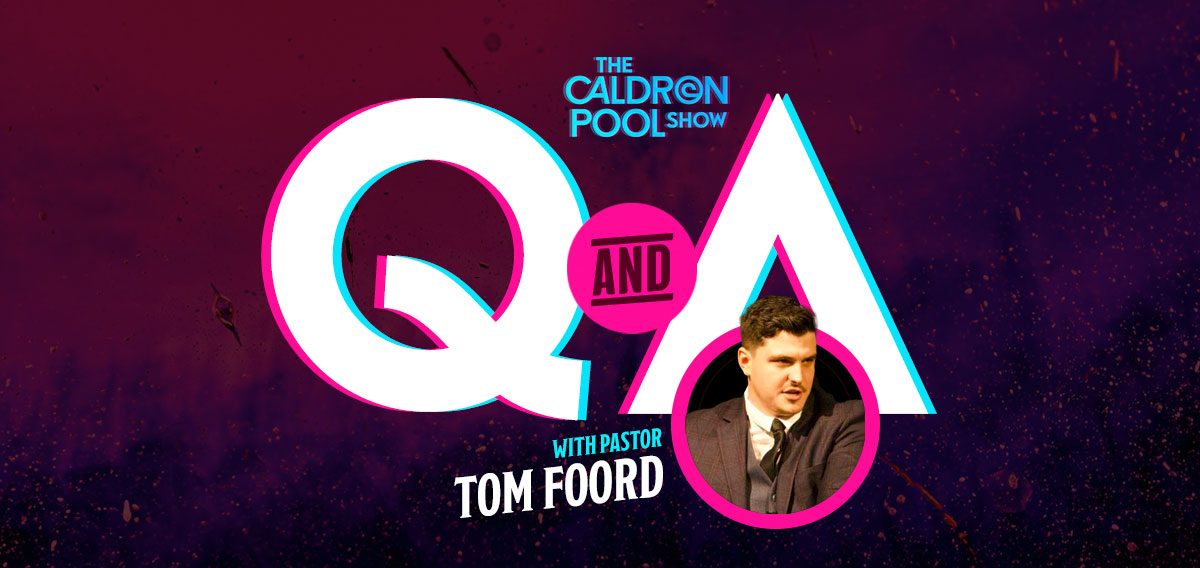As the world races to develop a vaccine for COVID-19, a number of Archbishops in Australia have been calling for caution. In particular, Anglican, Orthodox and Roman Catholic leaders in Sydney requested the Morrison government not to use a treatment based upon the bodies of dead babies. Their clarion call is all the more prescient when one realises that, according to Dr Scott B. Rae:
“There are…possibilities for abuse about which even the more moderate advocates are wary. Already there have been people not simply willing but eager to conceive just to donate the tissue. Fetal tissue is currently being used to make cosmetics in Sweden, and fetal kidneys from Brazil and India are being sold in West Germany to physicians for transplant.”
This is a complicated moral—as well as medical—issue, with some even acknowledging that it needs the wisdom of King Solomon. Thus, one must be careful not to rashly accept convenient, utilitarian conclusions. And yet strangely, this is precisely what some religious ethicists are doing. For instance, Dr Megan Best argues in The Gospel Coalition Australia:
“If the only available organ for a life-saving transplant is donated by a murder victim, we do not consider that in accepting the organ we are approving of murder. In the same way, if we have no alternative to a certain vaccine produced using tissue derived from children killed over 50 years ago, we are not necessarily condoning abortion.
“Many advances in medical science have been based on information derived from evil origins. Nazi experimentation on humans during the second World War led to knowledge which informs modern orthopaedics, for example. While never condoning evil acts so that good may result, the Bible teaches of a loving God who seeks to make good out of evil. Though linked, participation in the good does not endorse the evil.”
However, this argument fails in two crucial ways:
First, there are alternative vaccines in development that do not use the cells of aborted babies. And hence, we are not faced with a Hobson’s choice of either using a vaccine associated with abortion versus accessing nothing at all. As Dr. Scott B. Rae concludes in his statement “Spare Parts From The Unborn?: The Ethics of Fetal Tissue Transplantation”:
“One viable alternative is the combination of the use of tissue from spontaneous abortions and ectopic pregnancies for both transplants and the development of cell cultures from the most promising tissue. This is already being done for diabetes. Also, the development of neuroblastoma cells shows promise for treating Parkinson’s disease. The American Paralysis Association’s statement to the NIH Panel encouraged adequate funding to develop tissue cloning that will bypass the need for the fetus per see.”
Second, the analogy with that of a murder victim is fundamentally flawed. This is because the person responsible for the baby’s killing is, sadly, their own mother. Hence, as LeRoy Walters explains:
“In the case of a random homicide, there is generally no ethical objection to the use of organs from the deceased for transplantation purposes, provided that due respect is accorded to the corpse and that the proper consent procedures are followed. However, if a particular hospital became the beneficiary of an organised homicide-system which provided a regular supply of fresh cadavers, one would be justified in raising questions about the moral appropriateness of the hospital’s continuing cooperation with the suppliers.”[1]
Walters then goes on to further elaborate in an important footnote, “One could raise the same question in reference to various types of collaboration with the Nazi death-camp system, however, in my view, the emotional overtones of that horrendous example would interfere with rational reflection on the issue at hand.”
Dr. Kathleen Nolan, associate for medicine at the Hastings Centre in Briarcliff Manor, NY, agrees. As Nolan goes on to further argue in her paper, “Genug ist Genug: A Fetus is Not a Kidney” (Hastings Center Report, December 1988):
“Within this model, the ability of the ‘proxy’ to make an authentic gift of fetal tissue depends critically on the prior relation. In cases of spontaneous abortion, mothers who consent to donation of fetal tissue are perhaps no different than other relatives who are faced with the death of a loved one. However, if a woman has opted to end her pregnancy, then ethical objections arise to her claiming the role of ‘mother’ and serving as a proxy for a fetal donation.
“It would, in general, seem desirable to disqualify anyone having agency in another’s death from the serving as a proxy for the purpose of making a donation. To participate in another’s death is ultimately to objectify that other, to use the other for purposes, not of his or her own.”
Central to this entire debate is the issue of consent. It all basically comes down to when a human being is recognised as having achieved ‘personhood’. Because clearly the person most affected—i.e. the unborn baby—is unable to give consent that their life should be terminated. However, when mother decides to terminate her baby, she has morally relinquished the right to further decide what happens to their body. As Dr. Scott Rae explains:
“Valid consent is impossible. The mother cannot be considered a legitimate proxy, having authorized the termination of the pregnancy. Elimination of consent, however, would further objectify the fetus and be inconsistent with the fact that biologically, the developing fetus does not represent the woman’s tissue. It would be well to avoid the notion of the fetus as the source of biological “spare parts”, a notion reminiscent of Huxley’s Brave New World.”
Ultimately the word of Psalm 139:13-15 provide not only timeless truth but also sound guidance.
For you created my inmost being;
You knit me together in my mother’s womb.
I praise you because I am fearfully and wonderfully made;
Your works are wonderful,
I know that full well.
My frame was not hidden from you
when I was made in the secret place.
When I was woven together in the depths of the earth,
Your eyes saw my unformed body.
All the days ordained for me were written in your book
before one of them came to be.
[1] LeRoy Walters, Journal of Religious Ethics (2 no 1 Spring, 1974): 41.


